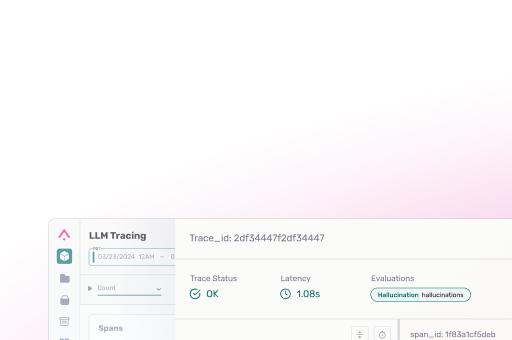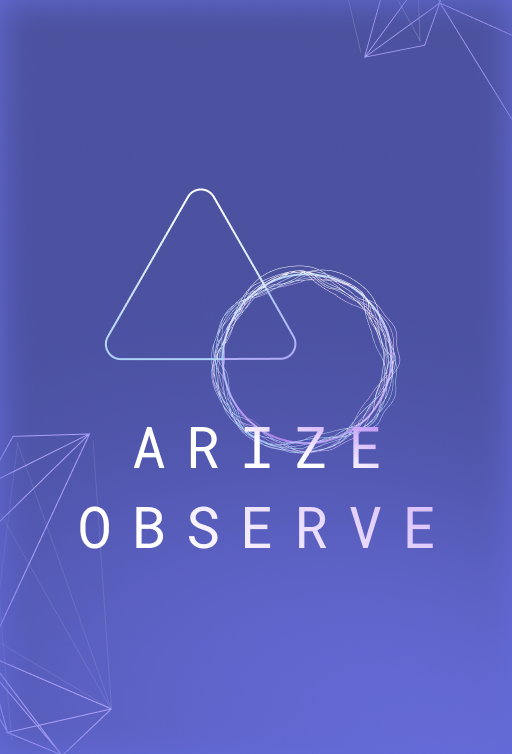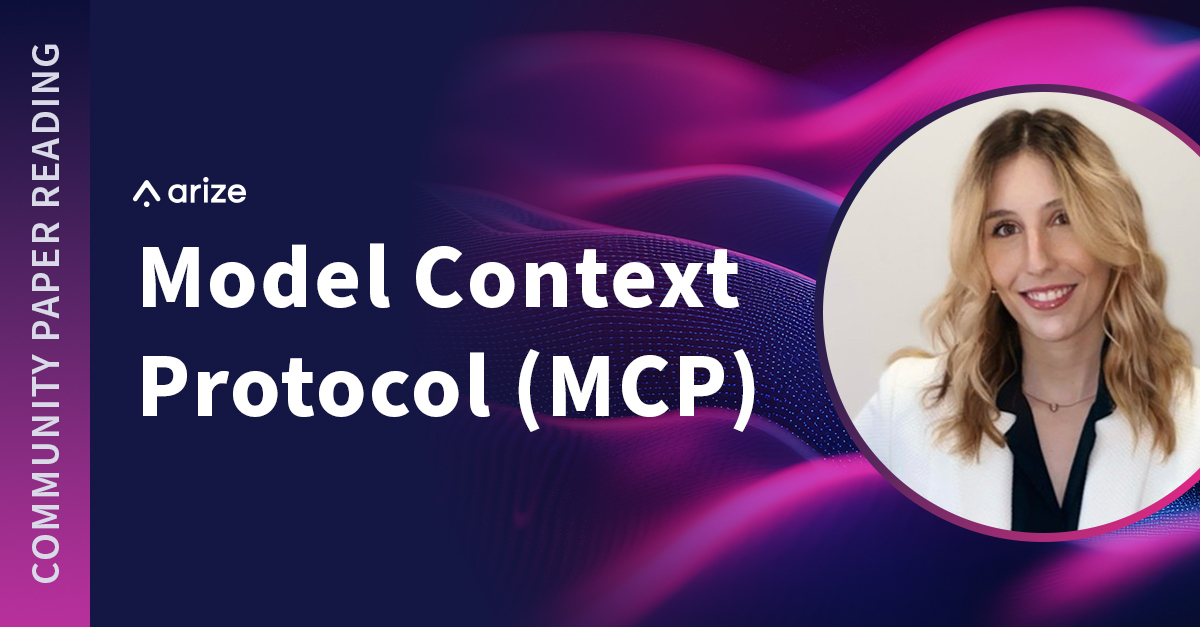Want to learn more about Anthropic’s groundbreaking Model Context Protocol (MCP)? We break down how this open standard is revolutionizing AI by enabling seamless integration between LLMs and external data sources, fundamentally transforming them into capable, context-aware agents. We explore the key benefits of MCP, including enhanced context retention across interactions, improved interoperability for agentic workflows, and the development of more capable AI agents that can execute complex tasks in real-world environments.
Watch
Listen
Learn More
Summary
Imagine a world where AI assistants seamlessly access and use data from any source, eliminating the frustration of information silos and custom integrations. That’s the promise of Anthropic’s Model Context Protocol (MCP), a groundbreaking technology released in November 2024. In a recent webinar, SallyAnn DeLucia broke down MCP, explaining its potential to revolutionize AI development.
This blog post distills the insights from our discussion, explaining what MCP is, the problems it solves, and why it’s a game-changer for building truly connected AI systems.
The Current Bottleneck: AI in Isolation
Even the most advanced AI models are constrained by their isolation from data. They lack real-time awareness and struggle with fresh information, trapped behind information silos and legacy systems. As Anthropic notes, every new data source requires custom implementation, making scalable, connected AI systems incredibly difficult to build.
Enter MCP: A Universal Standard for AI Connectivity
MCP is a universal, open standard designed to connect AI systems with external data and tools. Its core purpose, as Anthropic describes, is to replace fragmented integrations with a single protocol, enabling developers to build secure, two-way connections between their AI and any external functionality required to complete a task. Think of it as a “USB for AI,” standardizing how AI models interact with tools, databases, and actions, regardless of their source.
How MCP Works: A Client-Server Architecture
MCP operates on a client-server architecture, consisting of three key components:
- Host: The AI system itself (e.g., AI applications, LLM agents, Claude Desktop).
- Client: The connection handler between the host and servers.
- Server: Any program exposing capabilities or data to the host (e.g., local files, databases, APIs).
Essentially, servers act as “windows” into the external world for the AI system, enabling seamless communication.
Impact on Key AI Development Areas
MCP’s impact extends beyond simple connectivity, fundamentally changing how we approach core AI development tasks. Let’s explore how this protocol streamlines and enhances key areas:
- Function Calling: MCP standardizes the function calling pipeline, making it reusable and secure. No more custom code for every integration!
- RAG (Retrieval Augmented Generation): MCP simplifies the retrieval pipeline, offering declarative access to various data sources. This leads to more scalable and maintainable RAG systems, reducing hallucinations and enabling complex multi-source flows.
Why Developers Should Care About MCP
For AI engineers and product teams, MCP isn’t just a technical novelty; it’s a tool that directly addresses real-world development challenges and unlocks significant benefits. Here’s why MCP should be on your radar:
- Streamlined AI Engineering: Build once, connect many times, reducing boilerplate code and debugging time.
- Faster Product Velocity: Focus on functionality, not connectivity, speeding up time-to-market.
- Consistent Performance and Reliability: Enjoy standardized, dependable performance.
- Reduced Technical Debt: Adopt a unified approach to integrations.
- Future-Proofing: Build a stable foundation for future AI capabilities.
Conclusion: A New Era of AI Connectivity
The Model Context Protocol marks a significant step towards simplifying and standardizing AI’s interaction with the external world. By eliminating the complexities of custom integrations, MCP empowers developers to build more scalable, reliable, and efficient AI systems. This is an exciting time for AI development, and MCP is a technology to watch closely.





